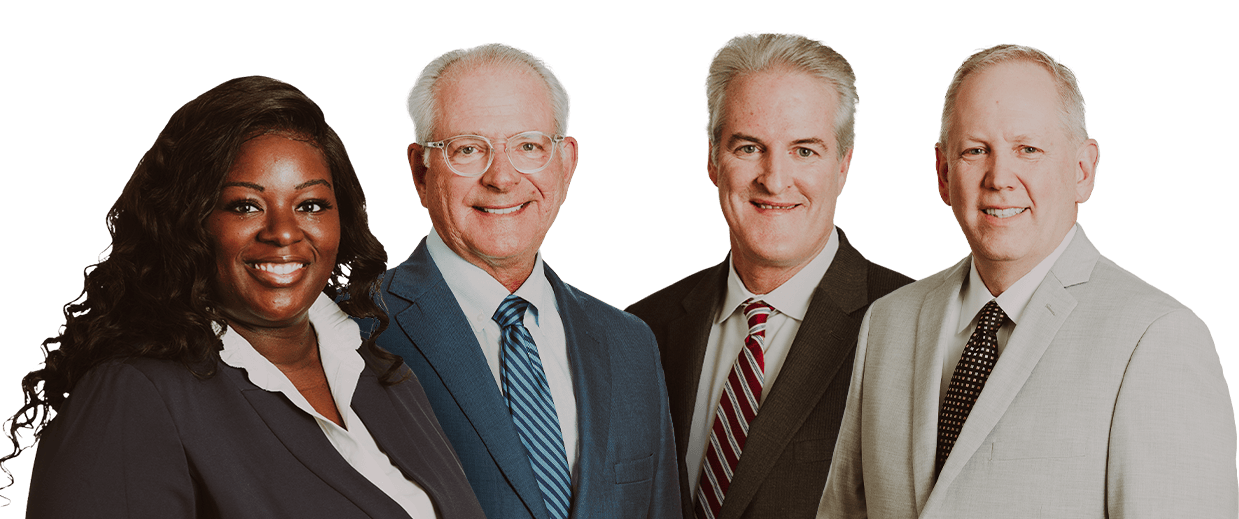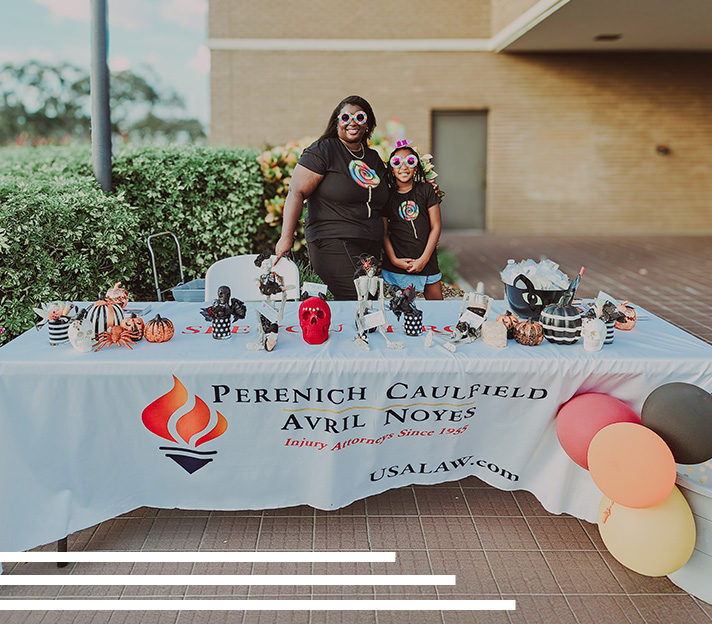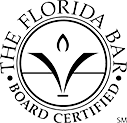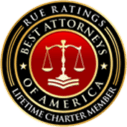What is Strict Liability?
When someone is liable in a personal injury case, they are responsible for paying an injury victim’s damages. Most personal injury cases are based on negligence, which requires proving a party breached a duty of care and caused an accident or injury. In strict liability cases, a party can be liable for engaging in certain conduct. In other words, an injury victim or plaintiff does not have to prove the party was negligent to recover compensation.
Defining Strict Liability
Strict liability exists in civil and criminal law but only for specific cases. Strict liability laws exist to protect public health and safety. They hold a person automatically liable for engaging in certain behaviors without regard to intent or fault.
In civil cases, a strictly liable party must pay damages related to their conduct. For example, they may be responsible for compensating victims for their economic and non-economic damages. Only certain cases qualify as strict liability.
In criminal law, a defendant can be guilty of certain crimes regardless of whether they intended to commit the crime. For example, statutory rape is a crime where the offender’s intent doesn’t matter. Holding an offender strictly liable for statutory rape prevents offenders from claiming they believed the victim was over the age of consent. Likewise, many traffic offenses are strict liability crimes. A driver can be ticketed for speeding, even if they didn’t mean to drive above the speed limit.
What Types of Cases Qualify as Strict Liability?
In the area of civil law, only a few activities will lead to strict liability.
In Florida, three main types of conduct can lead to strict liability:
- Defective products: Suppose a manufacturer or distributor sells a product that contains defects in its design, manufacture, or marketing. In this case, it can be held strictly liable for any injuries its products cause to consumers.
- Inherently dangerous activities: Some activities are dangerous even when exercising reasonable caution. A party can be strictly liable for engaging in an unreasonably dangerous activity uncommon in the community. Examples of inherently dangerous activities include the use of explosives and the use or transportation of hazardous or nuclear material.
- Animal injuries: If a person owns a wild animal, they can be strictly liable for any injuries that that animal causes. Wild animals can include undomesticated and non-livestock animals, such as tigers, bears, and venomous reptiles. In Florida, dog owners are strictly liable when their dog bites someone — even if the dog had never bitten previously.
Make sure you speak to an experienced attorney right away if you have been injured in any of the above circumstances. If your case does not meet the strict liability standard, then you may still be eligible to file a different type of legal action.
What Do You Have to Prove in a Strict Liability Case?
The main thing you have to prove in a strict liability case is that a party engaged in certain prohibited conduct and that you were harmed. You don’t have to prove that the company or person acted unreasonably or failed to exercise reasonable care. In strict liability cases, you simply have to prove that a defendant injured you.
The harm justifies liability in strict liability cases. The court doesn’t typically care how careful the defendant was or the precautions that were taken. Strict liability is strict liability.
What Compensation Can You Recover in a Strict Liability Case?
Although strict liability cases take a different legal approach than negligence claims, the financial result can be the same.
If you are injured because of a strict liability activity, you can recover compensation for:
- Lost income from missing work
- Past and future medical expenses
- Pain and suffering
- Loss of life enjoyment
- Loss of consortium
- Property damage
These are just a few of the economic and non-economic damages that you might be entitled to in a strict liability claim. If the court feels that the defendant’s conduct is shocking or grossly negligent, it can assess punitive damages. Punitive damages are awarded to punish bad conduct as well deter future similar conduct.
Only select cases qualify for strict liability. Although these cases might sound easier to prove, you still need strong evidence to establish your claim. A Clearwater personal injury lawyer can conduct an investigation to gather evidence of the at-fault party’s misconduct and assess whether it qualifies for strict liability. They can calculate your damages and consult experts to strengthen your case.
If your case doesn’t qualify for strict liability, your lawyer can evaluate other options for pursuing compensation after your injury. You may have a negligence or intentional tort claim. Contact an attorney today for help with your claim.

We treat you like family.
If you can’t come to us, we’ll come to you.
Representing Accident Victims in Tampa Bay since 1955



-
“Friendly knowledgeable and kept me informed about my case. Any offer, bill or question was readily answered. Would definitely recommend and refer people to Bryan Caulfield and his team!!”- Betty B.
-
“Mrs Bryant works her butt off to make sure you get what is do to you in medical and beyond! They won’t take your case if they don’t feel you haven’t been wronged.”- Christine R.
-
“Working with Mark Perenich on my auto injury case was an absolute game-changer. From the very beginning, he brought a level of professionalism, expertise, and care that immediately put us at ease.”- Kerry B.
-
“Lorrie and Allyson are phenomenal. I highly recommend them to anyone. It seemed like a never ending journey but I can’t thank them enough for diligently fighting my case with the greatest integrity, support and prayers.”- Former Client
-
“From the first day we met this law group I felt very comfortable and knew we would be well taken care of. This was our first experience filing for SSD, and was not disappointed. The lawyers are awesome and very professional.”- Shari J.
-
“Very nice they worked with you. Never ignored me with my case. Always on top to work with you. Thank you so much for all that you have done to help me! Very highly recommend.”- Margarita O.
-
“My appointed attorney was Jacqueline, Bryant. She is very compassionate about her client and work. When it comes to negotiation, she's a Beast and she gets the job done.”- Alaina J.
-
“What was particularly awe inspiring was the recall of facts and testimonies from medical personnel that Para Legal Ms. Josephine Elizabeth Angelo was able to make. Her memory and acumen for detail was admirable.”- Maylisa Y.
-
“Wonderful, impeccable, personalized, authentic, truthful, honest experience. Rare, real, and human firm.”- Sheryl G.


We’ve been proudly serving Clearwater, St. Petersburg, and the Tampa Bay area for generations. As the first personal injury law firm in Clearwater, our dedicated legal team brings over 300 years of combined experience to each and every case. If you’ve been injured and need support, please reach outtoday for a free consultation, we are here to help you.















